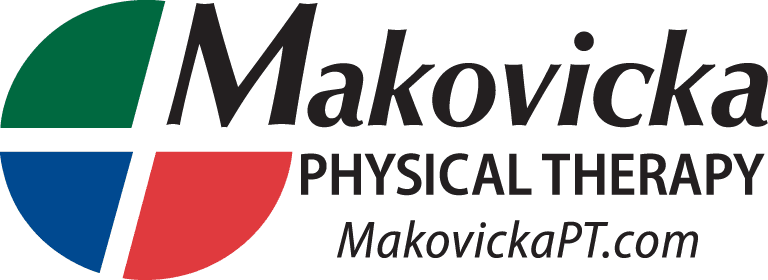Knee joint problems are one of the most commonly reported sports-related injuries in athletes of all ages. While some may be a minor sprain or strain that takes a few days or weeks to recover from, others may be season-ending, or possibly career-ending, injuries that take months to fully rehabilitate. One of the more severe injuries is a tear of the anterior cruciate ligament (ACL). About 70% of ACL tears are the result of a non-contact injury; 30% are the result of direct contact (player-to-player, player-to-object). Females are 4-6 times more likely than men to experience an ACL tear.
The ACL runs diagonally in the middle of the knee. It prevents the tibia from sliding out in front of the femur, as well as provides rotational stability to the knee. The ACL can be injured in several ways: changing direction rapidly, stopping suddenly, slowing down while running, landing from a jump incorrectly, or direct contact or collision.
While it is impossible to prevent all sports-related knee injuries, research has shown that the number of non-contact knee injuries can be reduced. Much of the research has been conducted female athletes, due to the high incidence of ACL injuries in women. Researchers have made the following recommendations for an injury prevention exercise program:
– The program should be focused to improve balance, strength, and sports performance. Strengthening your core (abdominal, hip, back) muscles is key to preventing injury, in addition to strengthening your thigh and leg muscles.
– Exercises should be done 2-3 times per week and should include sport-specific exercises.
– The program should be at least 6 weeks long.
– The exercises should be supervised by someone trained in observing the positioning of the lower extremities during jumping/landing/running exercises.
Makovicka Physical Therapy has trained professionals that can answer questions that you may have on preventing knee or other injuries. Makovicka Physical Therapy is a Sportsmetrics Certified Clinical Site. Sportsmetrics is the first ACL Injury Prevention Program this is scientifically proven. More information can be found here: http://sportsmetrics.org/about/
Examples of free preventive training programs that have been supported through research:
PEP Program: http://smsmf.org/smsf-programs/pep-program
PEAK Program: www.unc.edu/depts/exercise/peak/peak/Home.html
The Makovicka Difference
We are leaders in our profession, locally owned and operated by physical therapists who forge relationships with patients, and advocate for their care. All of our clinics have board-certified specialists on staff, meaning you get the highest level of care to maximize your recovery, and get you back to your game. We will listen, evaluate your symptoms, and create a personalized physical therapy program to meet your needs and improve your function, strength, and mobility.
